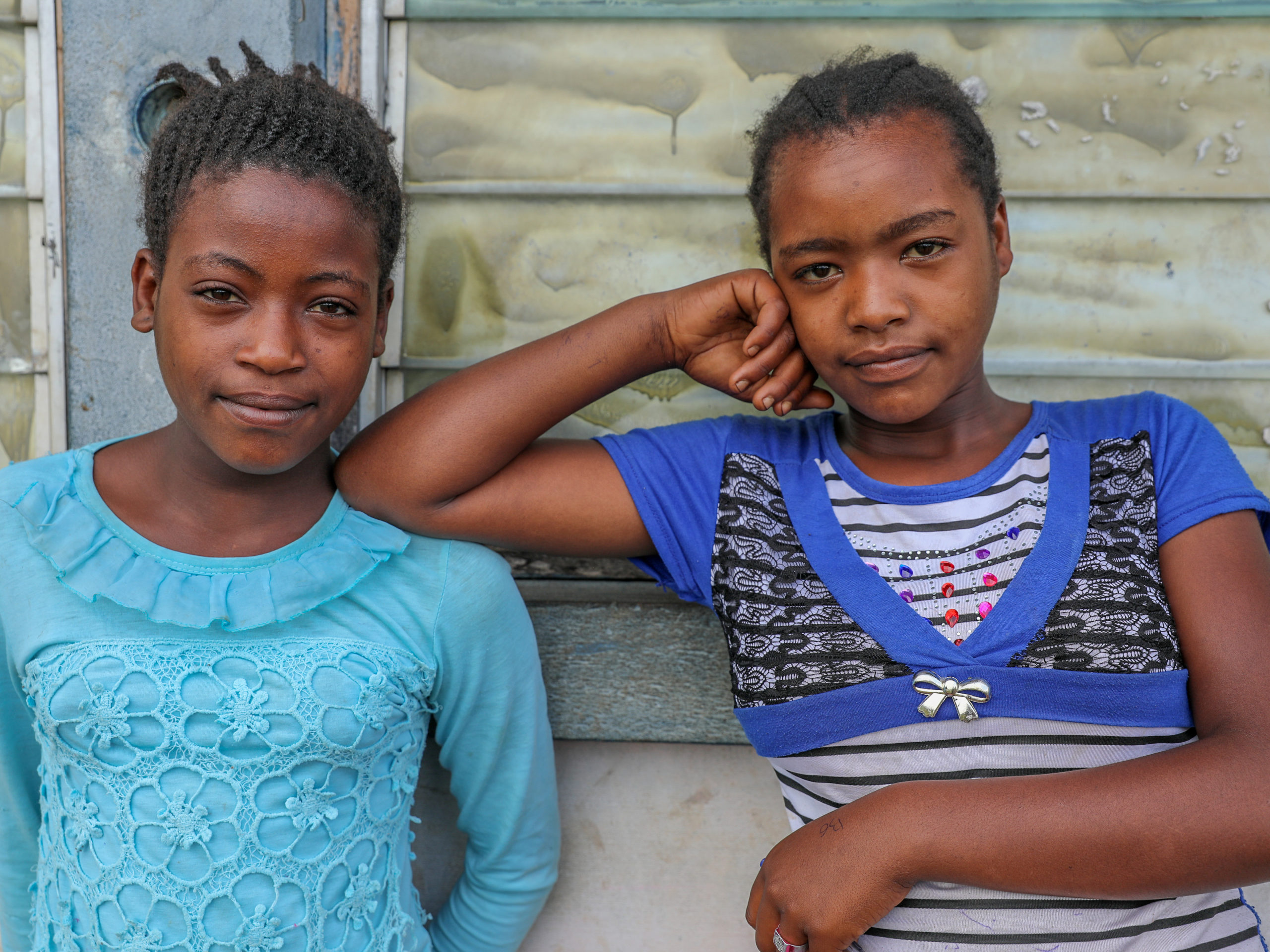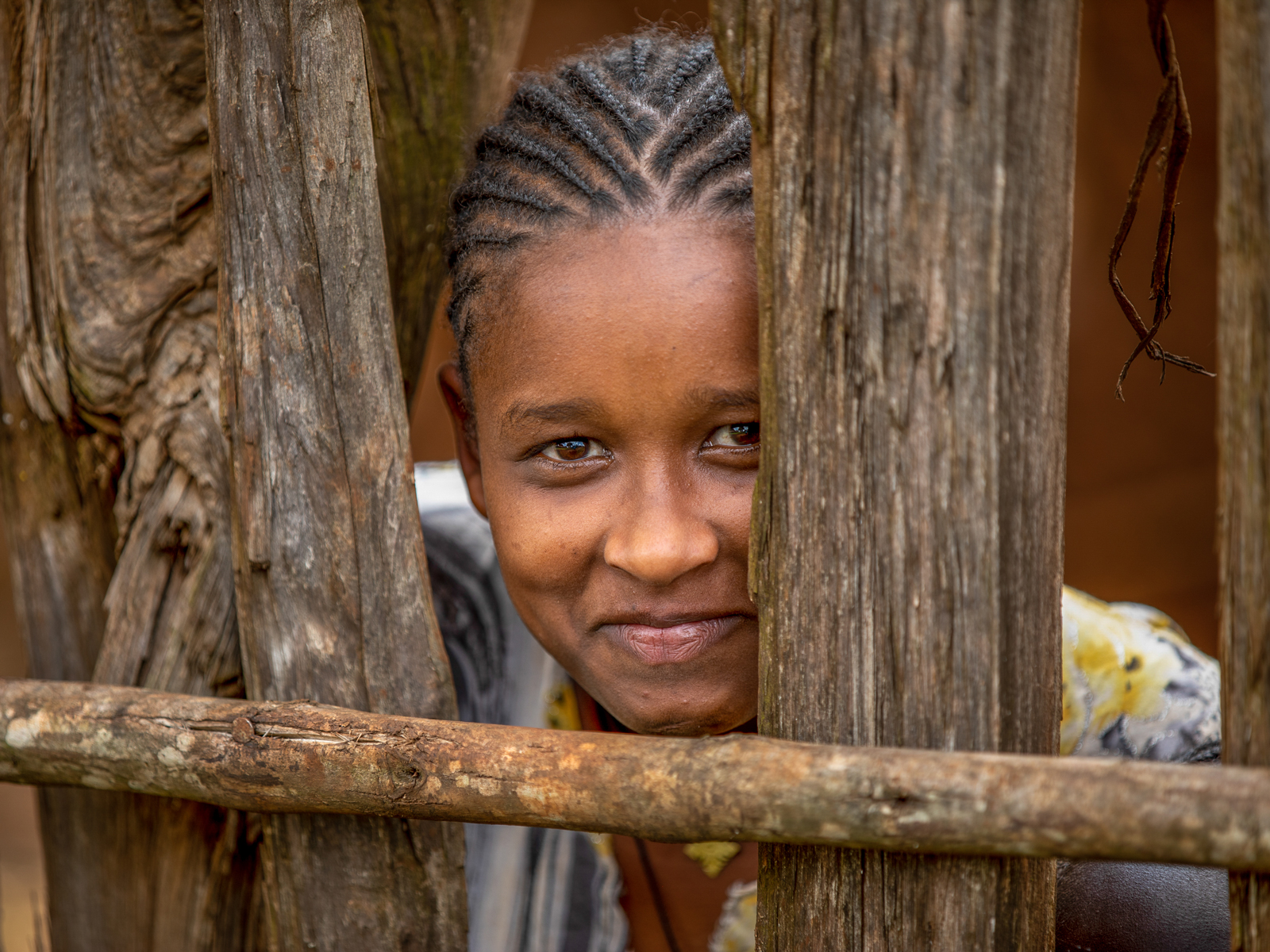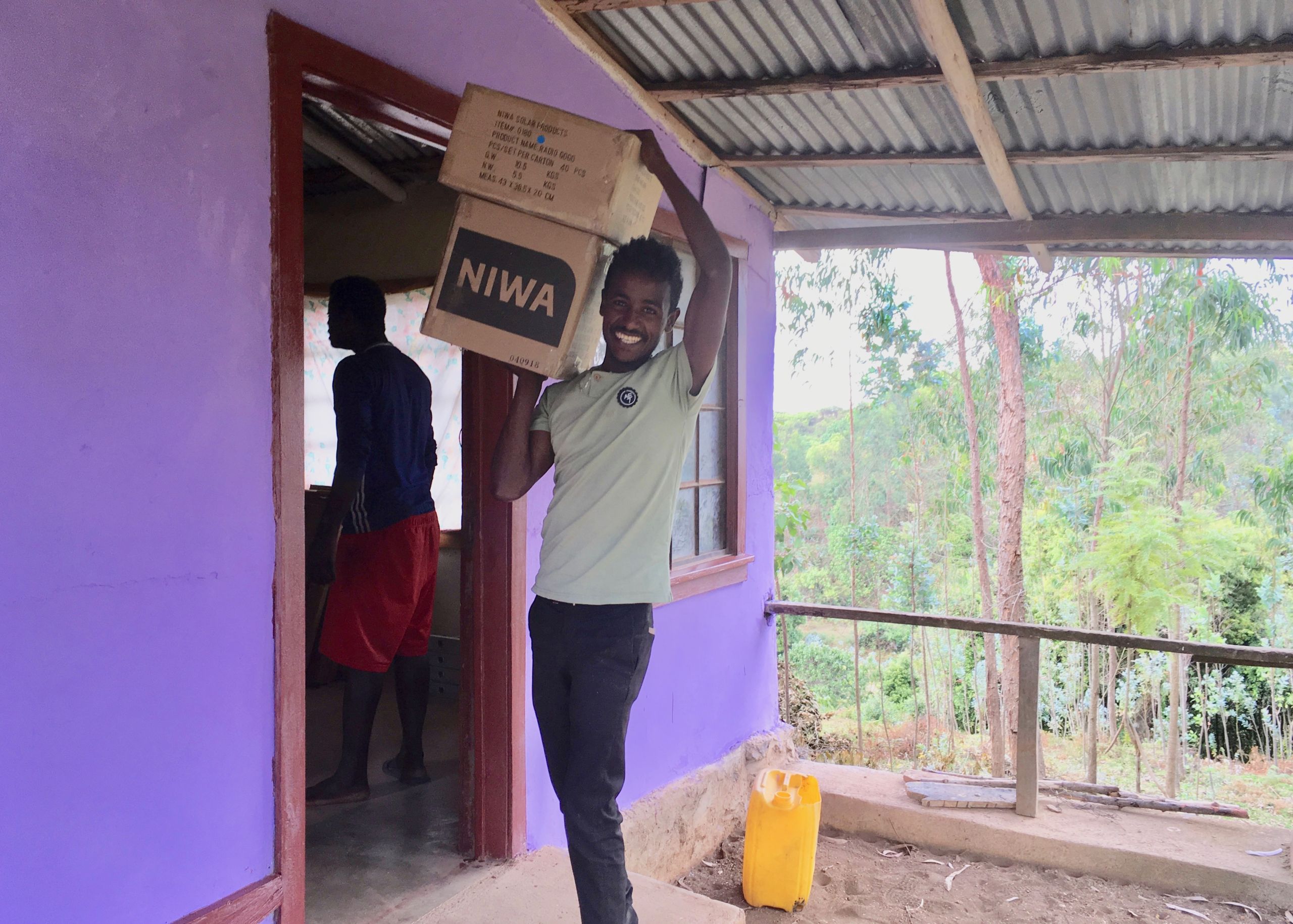History of MDC
When Caroline Kurtz, founder and Executive Director of Maji Development Coalition or MDC, was four years old, her parents left Portland, Oregon for Ethiopia. They lived and worked there for 23 years. Caroline considered Ethiopia home until she married and settled in Chicago.
Beginning in 1990, Caroline spent twelve years living and working in Ethiopia, Kenya and South Sudan, followed by another twelve years facilitating international partnerships. One of these projects was an apple orchard in Maji, a mountainous area too high for tropical fruits.
Community leaders then came to Caroline in 2015, asking for help to get solar power in the health post delivery room.
Their records showed 12-18 women a month were giving birth, many by night with flashlights the only light.

Caroline realized then that energy poverty impacts the lives of women disproportionately.
 They get up in the dark to tend sick children. They carry wood not only for cooking, but for light in the evening. Without power, home security is at risk. Women are the ones in Maji who go out to check on restless cattle—is there a snake? A hyena? A thief?
They get up in the dark to tend sick children. They carry wood not only for cooking, but for light in the evening. Without power, home security is at risk. Women are the ones in Maji who go out to check on restless cattle—is there a snake? A hyena? A thief?
In 2018 she registered MDC as a nonprofit corporation to raise money for women’s development, solar energy provision, and access to potable water in the Maji District.

MDC has improved the former Presbyterian homes and clinic, now belonging to the local church, by providing solar electricity and running water. The home of Presbyterian teachers and nurses in Maji now serves as the town’s only tourist guest house. The former Presbyterian school buildings house teen-agers from the surrounding farming communities live in town and attend the only high school in the district. The former clinic has also been repurposed, after sitting empty for almost a decade. Now it serves as MDC’s solar warehouse.
By January, 2019, the warehouse was equipped with solar panels and batteries, computers, and a printer. Storage rooms bulged with solar home-lighting kits for Maji’s families (a rooftop panel, a battery, three lights and cell phone charging ports).
Little by little, neighbors and friends checked out the new home lighting technology and demand for the kits grew.
When the town’s clean water system broke down, MDC also raised money for a new solar-powered pump, and replaced the dirty and expensive diesel generator.
 Meanwhile, the government-built hospital in Maji was finished, but not opened because the district has no connection to the national grid. MDC negotiated with the local health department to share the cost of fitting the hospital with solar to run basic functioning—lights, incubators, testing equipment and surgery tables.
Meanwhile, the government-built hospital in Maji was finished, but not opened because the district has no connection to the national grid. MDC negotiated with the local health department to share the cost of fitting the hospital with solar to run basic functioning—lights, incubators, testing equipment and surgery tables.
In 2022 and 2023, MDC is again cost-sharing a water project to bring clean water from forest springs to the farm communities below. This will save women hours of the back-breaking work of carrying water, that isn’t even clean, down the steep hillsides.













